Regulierung internationaler Finanzmärkte und Banken
Die Forschungsgruppe "Regulierung internationaler Finanzmärkte und Banken" analysiert internationale Kapitalströme und die Auswirkungen von Regulierungsänderungen auf die Finanzstabilität. Integrierte Finanzmärkte begünstigen eine effiziente Kapitalallokation und Risikoteilung – sie erleichtern aber auch die grenzüberschreitende Übertragung von Schocks.
Dementsprechend hat sich die Bankenregulierung in den letzten Jahren weiterentwickelt, wobei die vollen Auswirkungen dieser Reformen noch unklar sind. Daher konzentriert sich die Forschung der Gruppe auf zwei Bereiche:
Erstens werden die Haupttreiber internationaler Kapitalströme und deren Auswirkungen auf Finanzstabilität untersucht. Zeiten hoher Finanzintegration sind oft gefolgt von Krisen mit nachhaltigen realwirtschaftlichen Folgen. Ziel ist es, zu verstehen, wie eine stabile und effektive Kreditvergabe gewährleistet werden kann.
Zweitens wird untersucht, wie sich Veränderungen in der Regulierung und Aufsicht auf das grenzüberschreitende Bankgeschäft auswirken, insbesondere im Kontext der europäischen Integration. Dazu gehört die Bewertung des Trade-offs zwischen regulatorischer Harmonisierung und unbeabsichtigten Marktverzerrungen.
Zwei Datenprojekte tragen zu diesen Forschungsthemen bei: die International Banking Library, eine webbasierte Plattform für den Forschungsaustausch mit einem vierteljährlichen Newsletter, der mehr als 700 Abonnenten erreicht, und die Financial Markets Directives Database, die die Umsetzung der wichtigsten EU-Vorschriften im Bereich Finanzmärkte mit besonderem Schwerpunkt auf der Europäischen Bankenunion dokumentiert. Gemeinsam fördern sie eine evidenzbasierte Politikanalyse und erhöhen die Sichtbarkeit der Gruppe.
Forschungscluster
Wirtschaftliche Dynamik und StabilitätIhr Kontakt

- Abteilung Finanzmärkte
PROJEKTE
10.2021 ‐ 06.2025
Distributional Effects of Macroeconomic Policies in Europe (DEMAP)
Leibniz-Gemeinschaft
Das Projekt untersucht wie politische Maßnahmen auf dem Level der Europäischen Union, wie zum Beispiel der European Recovery Fund, die Ungleichheit zwischen Haushalten beeinflusst.
07.2017 ‐ 12.2022
Die politische Ökonomie der europäischen Bankenunion
Europäischer Sozialfonds (ESF)
Ursachen für nationale Unterschiede in der Umsetzung der Bankenunion und daraus resultierende Auswirkungen auf die Finanzstabilität.
01.2015 ‐ 12.2017
Dynamic Interactions between Banks and the Real Economy
Deutsche Forschungsgemeinschaft (DFG)
Referierte Publikationen

Taxing Banks: An Evaluation of the German Bank Levy
in: Journal of Banking and Finance, November 2016
Abstract
Bank distress can have severe negative consequences for the stability of the financial system. Regimes for the restructuring and resolution of banks, financed by bank levies, aim at reducing these costs. This paper evaluates the German bank levy, which has been implemented since 2011. Our analysis offers three main insights. First, revenues raised through the levy were lower than expected. Second, the bulk of the payments were contributed by large commercial banks and by the central institutions of savings banks and credit unions. Third, for those banks, which were affected by the levy, we find evidence for a reduction in lending and higher deposit rates.
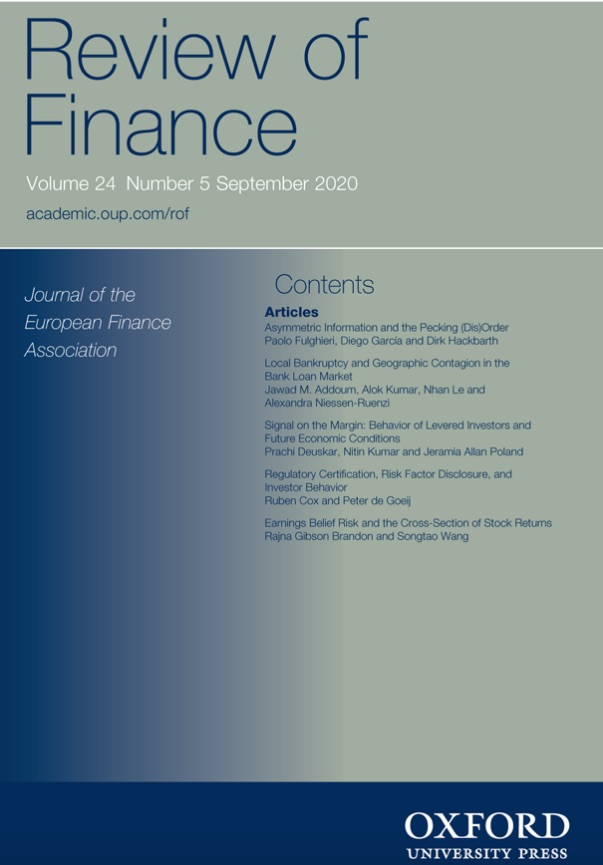
Lend Global, Fund Local? Price and Funding Cost Margins in Multinational Banking
in: Review of Finance, Nr. 5, 2016
Abstract
In a proposed model of a multinational bank, interest margins determine local lending by foreign affiliates and the internal funding by parent banks. We exploit detailed parent-affiliate-level data of all German banks to empirically test our theoretical predictions in pre-crisis times. Local lending by affiliates depends negatively on price margins, the difference between lending and deposit rates in foreign markets. The effect of funding cost margins, the gap between local deposit rates faced by affiliates abroad and the funding costs of their parents, on internal capital market funding is positive but statistically weak. Interest margins are central to explain the interaction between internal capital markets and foreign affiliates lending.
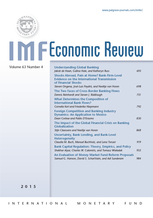
Uncertainty, Bank Lending, and Bank-level Heterogeneity
in: IMF Economic Review, Nr. 4, 2015
Abstract
We analyze how uncertainty affects bank lending. We measure uncertainty as the cross-sectional dispersion of shocks to bank-level variables. Comparing this measure of uncertainty in banking to more traditional measures of uncertainty, we find similar but no identical patterns. Higher uncertainty in banking has negative effects on bank lending. This effect is heterogeneous across banks: lending by banks that are better capitalized and have higher liquidity buffers tends to be affected less. Also, the degree of internationalization matters, as loan supply by banks in financially open countries is affected less by uncertainty. The impact of the ownership status of the individual bank is less important, in contrast.
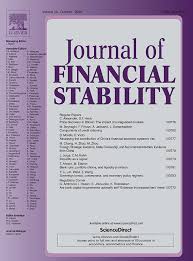
Cross-border Interbank Networks, Banking Risk and Contagion
in: Journal of Financial Stability, 2015
Abstract
Recent events have highlighted the role of cross-border linkages between banking systems in transmitting local developments across national borders. This paper analyzes whether international linkages in interbank markets affect the stability of interconnected banking systems and channel financial distress within a network consisting of banking systems of the main advanced countries for the period 1994–2012. Methodologically, I use a spatial modeling approach to test for spillovers in cross-border interbank markets. The results suggest that foreign exposures in banking play a significant role in channeling banking risk: I find that countries that are linked through foreign borrowing or lending positions to more stable banking systems abroad are significantly affected by positive spillover effects. From a policy point of view, this implies that in stable times, linkages in the banking system can be beneficial, while they have to be taken with caution in times of financial turmoil affecting the whole system.
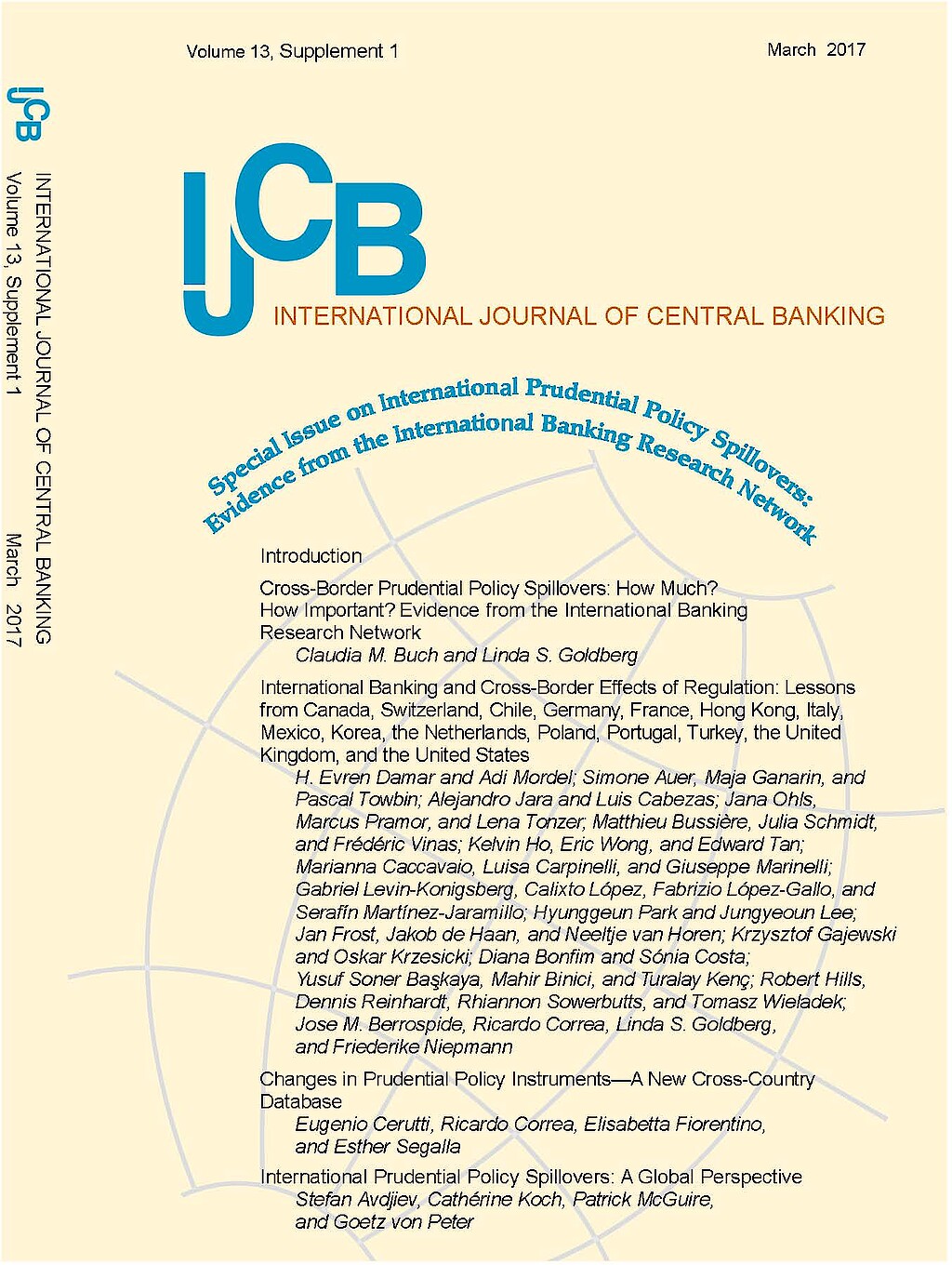
Financial Stability and Central Bank Governance
in: International Journal of Central Banking, Nr. 4, 2014
Abstract
The financial crisis has ignited a debate about the appropriate objectives and the governance structure of Central Banks. We use novel survey data to investigate the relation between these traits and banking system stability focusing in particular on their role in micro-prudential supervision. We find that the separation of powers between single and multiple bank supervisors cannot explain credit risk prior or during the financial crisis. Similarly, a large number of Central Bank governance traits do not correlate with system fragility. Only the objective of currency stability exhibits a significant relation with non-performing loan levels in the run-up to the crisis. This effect is amplified for those countries with most frequent exposure to IMF missions in the past. Our results suggest that the current policy discussion whether to centralize prudential supervision under the Central Bank and the ensuing institutional changes some countries are enacting may not produce the improvements authorities are aiming at. Whether other potential improvements in prudential supervision due to, for example, external disciplinary devices, such as IMF conditional lending schemes, are better suited to increase financial stability requires further research.
Arbeitspapiere

Friend or Foe? Crowdfunding Versus Credit when Banks are Stressed
in: IWH Discussion Papers, Nr. 8, 2015
Abstract
Does bank instability push borrowers to use crowdfunding as a source of external finance? We identify stressed banks and link them to a unique, manually constructed sample of 157 new ventures seeking equity crowdfunding. The sample comprises projects from all German equity crowdfunding platforms since 2011, which we compare with 200 ventures that do not use crowdfunding. Crowdfunding is significantly more likely for new ventures that interact with stressed banks. Innovative funding is thus particularly relevant when conventional financiers are facing crises. But crowdfunded ventures are generally also more opaque and risky than new ventures that do not use crowdfunding.
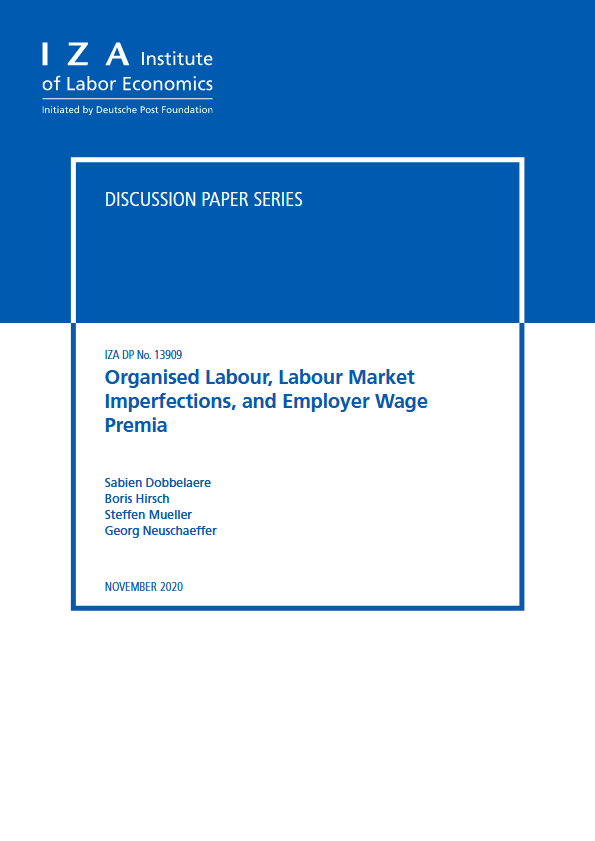
Explaining Regional Disparities in Housing Prices across German Districts
in: IZA Institute of Labor Economics, March 2022
Abstract
Over the last decade, German housing prices have increased unprecedentedly. Drawing on quality-adjusted housing price data at the district level, we document large and increasing regional disparities: growth rates were higher in 1) the largest seven cities, 2) districts located in the south, and 3) districts with higher initial price levels. Indications of price bubbles are concentrated in the largest cities and in the purchasing market. Prices seem to be driven by the demand side: increasing population density, higher shares of academically educated employees and increasing purchasing power explain our findings, while supply remained relatively constrained in the short term.















